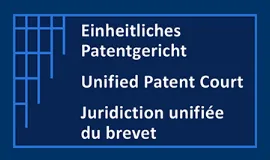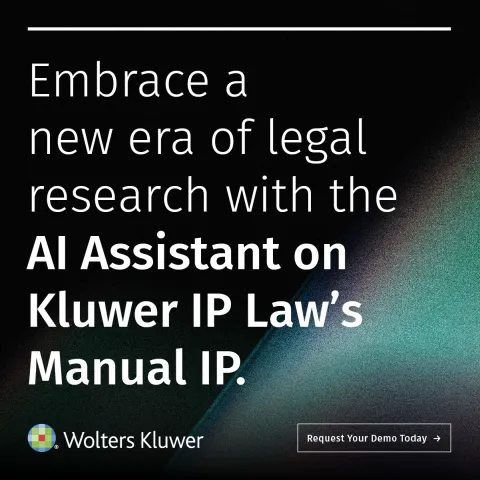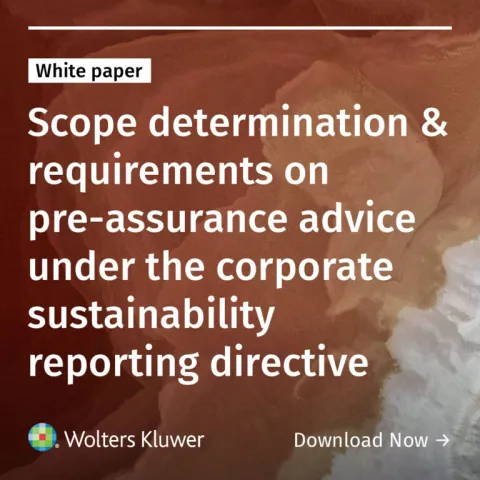Conference UP system and mock trial Unified Patent Court upcoming
November 15, 2022
The preparations for the start of the Unitary Patent and the Unified Patent Court have gained momentum. In the upcoming week a high-profile conference on the UP system will be held in Brussels and a mock UPC trial in Paris.
The conference, jointly organised by the Belgian government, the EPO and the European Commission, will be held on Thursday 17 November, commences with keynote speeches from EPO president António Campinos, EU commissioner Thierry Breton, Belgium's minister of economy Pierre-Yves Dermagne and director-general for international affairs at the Swedish ministry of justice Anna-Carin Svensson.
Also, recently appointed judges to the Unified Patent Court, including the future president of the UPC’s Court of Appeal Klaus Grabinski, ‘will discuss how the court's creation overcomes fragmentation in the jurisdictional system and eliminates the last barrier to a European technology market.’ A live stream of the conference will be available here. The program can be found here.
Mock trial

The panel of judges will consist of Klaus Grabinski, Camille Lignières (legally qualified judge at the UPC local division in Paris), and Patrik Rydman (technically qualified judge).

The program is available here. The mock trial will be broadcast live on the web. Registration is required here.
Remodeled website, EPO transitional measures
In the meantime, the UPC has launched a remodeled website. Publication of new content will occur during three main phases: the first content went online on 7 November 07, more will be released during the sunrise period and another update will follow during the entry into force period. The link is still the same.
And last but not least, the EPO has announced that, aligning with implementation roadmap published by the UPC, the starting date of its transitional measures will be adjusted to 1 January 2023. ‘As of that date, patent applicants may file early requests for unitary effect and requests for a delay in issuing the decision to grant a European patent. The measures are applicable until the entry into operation of the Unitary Patent Protection system which is expected to be on 1 April 2023.’
More information about the two measures, which were introduced to support an early uptake of the Unitary Patent by the users, can be found here.
You may also like














Han Shot First
Newly qualified EPA (to EPO): Can I have a smartcard please? EPO: Please fill in this form Rep: There you go EPO: Here’s your card! New UPC representative: Can I have a smartcard please? UPC: Here’s a massive list of nearly 250 smartcard providers. Simply, filter the list by QCert for Esig (which won’t actually reduce the list in size) then start working your way through the list and call the first provider and ask for 1. A physical device with authentication certificate with key usage attribute “digitalSignature” or extended key attribute “clientAuth” with a certificate chain to a TrustAnchor and 2. An electronic signature for “non-Repudiation”. If the provider can do this then also check if you can do online identification with the provider. If the provider can’t do this then move to next provider and repeat until you find someone who can help you. Rep: What?... UPC: Oh, yeah, and when you get your card remember to check it works with our system here. If it doesn’t then just repeat the above!
Jan Van Hoey
Maybe they could ask a small company challenging the validity of that patent to pay the 20.000EUR upfront?
Concerned observer
Question: has anyone managed to identify a secure device (other than the smart card from LuxTrust) that produces a positive result on the "Test smart card" link on the UPC's website? I have yet to hear rumours of a second trust service that is able to provide secure devices that should (hopefully!) provide access to the UPC's CMS after strong authentication is activated. Indeed, based upon information received from one (rather significant) player in the trust services market in Europe, I suspect that there may not (yet) be such a second trust service out there. If my suspicions are correct, then it seems that EVERYONE who wants to access the UPC's CMS will need to obtain their secure device from just ONE supplier. How is that supposed to work? Also, why has it taken the UPC four attempts over more than 11 weeks to explain precisely which technical requirements the (certificates on the) secure devices will need to meet? This is especially frustrating given that the technical requirements that the UPC has selected mean that some (almost all?) providers will need time to apply for and obtain additional approvals to issue the relevant certificates. In this regard, one could be forgiven for wondering whether the delay in releasing the crucial, technical information was a deliberate tactic aimed at running down the clock ahead of the start of the sunrise period (and therefore minimising the number of people that will actually be able to access the UPC's CMS at the start of that period). Whilst this may sound like the mad rantings of a conspiracy theorist, it fits into a pattern. That is, in common with EVERY development since the summer, it increases the height and number of hurdles (whether practical or legal) that those seeking to file opt-outs will need to overcome. Other significant hurdles include the nonsensical amendments to the opt-out rules (especially with regard to needing authorisations from "proprietors" of non-existent validations), as well as the fact that no applications to register as a representative can be filed until the start of the sunrise period ... which, together with the total absence of information from the UPC on how promptly such applications will be registered, leaves us guessing whether each and every opt-out will need to filed together with a mandate from the proprietor(s). Given the above-described problems, any sane person can see that it is ABSOLUTELY ESSENTIAL that the profession is provided with more time, as well as more clarity / information from the UPC, before Germany triggers the start of the sunrise period. However, I have yet to see any signs that the UPC even acknowledges that there are any problems. In this regard, I can only conclude that if the aim of the UPC has been to become the most user-unfriendly organisation known to the profession, they have certainly succeeded.